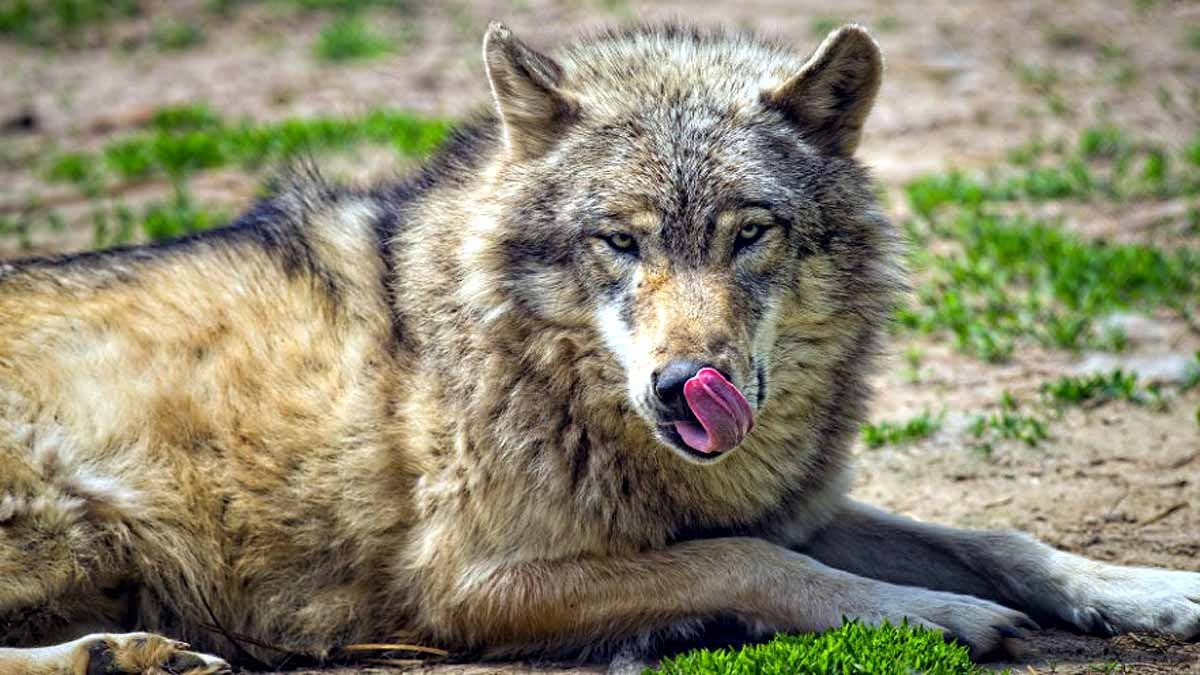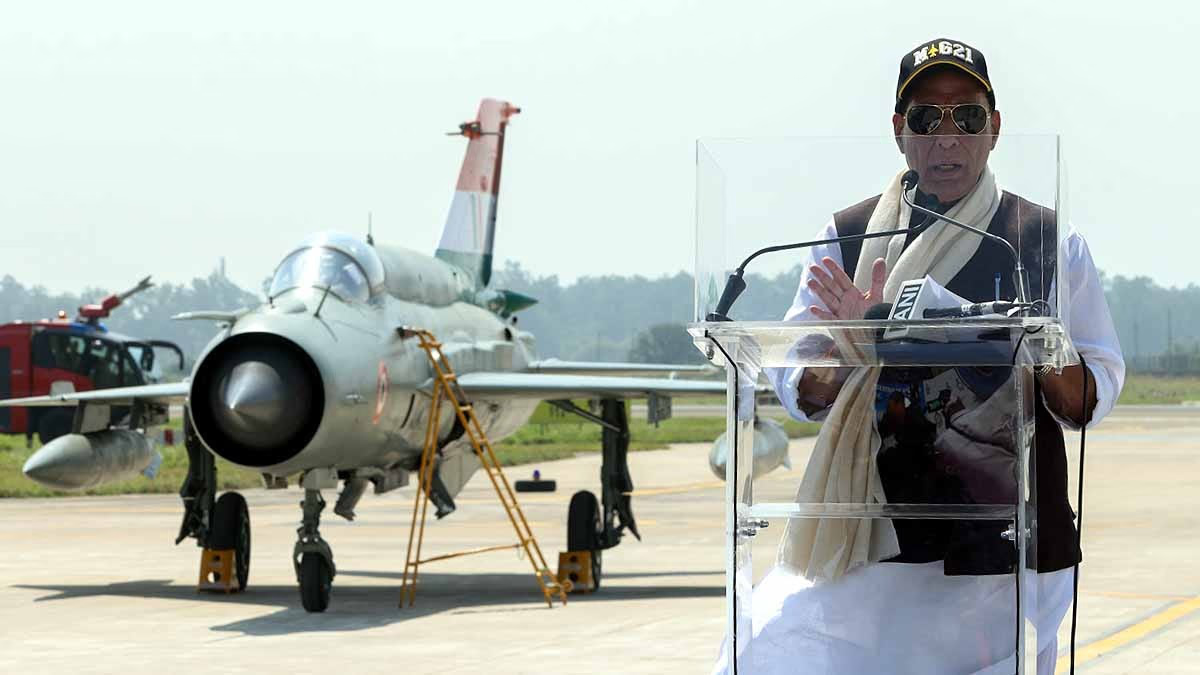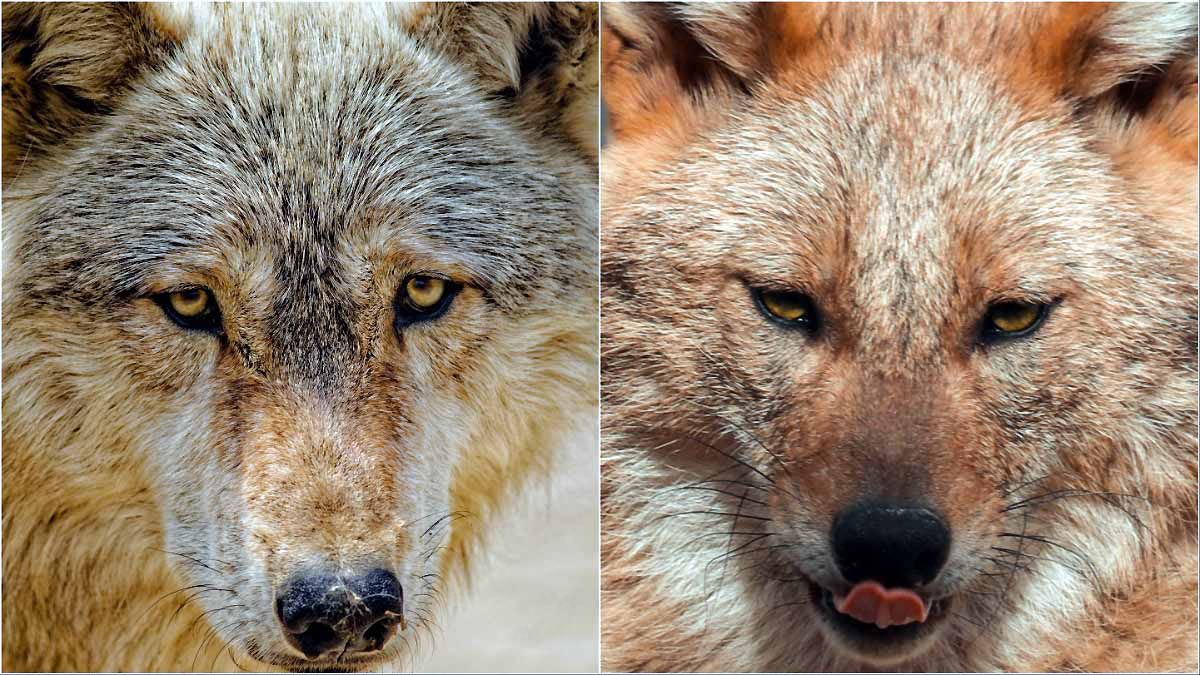
Source: aajtak
In Uttar Pradesh's Bahraich district, forest department teams are on the hunt for the elusive wolf believed to have killed nine children and injured many others. Despite drones and thermal cameras deployed, they still face many unanswered questions. Why did the wolves suddenly attack humans? Were wolves, jackals, or wild dogs responsible?
(All photos: Pexels)
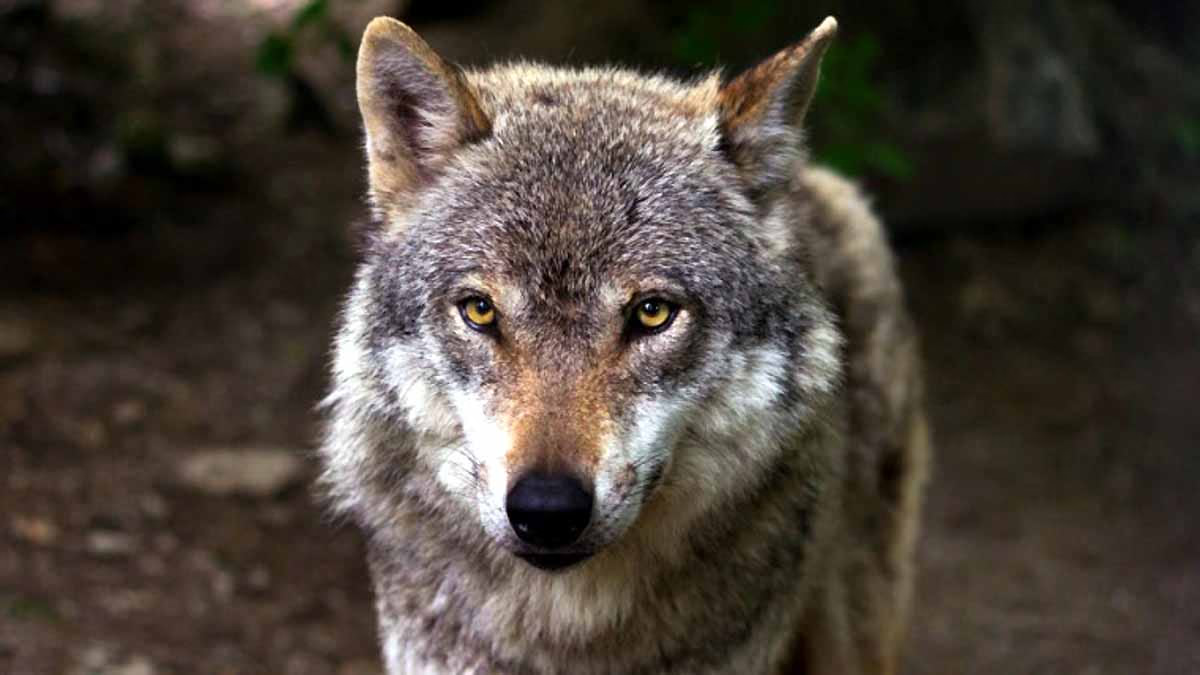
Source: aajtak
Wildlife experts are waiting for more conclusive evidence before blaming wolves or any other species. Reports suggested that Indian wolves (Canis lupus pallipes) were dragging children sleeping outdoors to their death. While several wolves were captured, one remains at large.
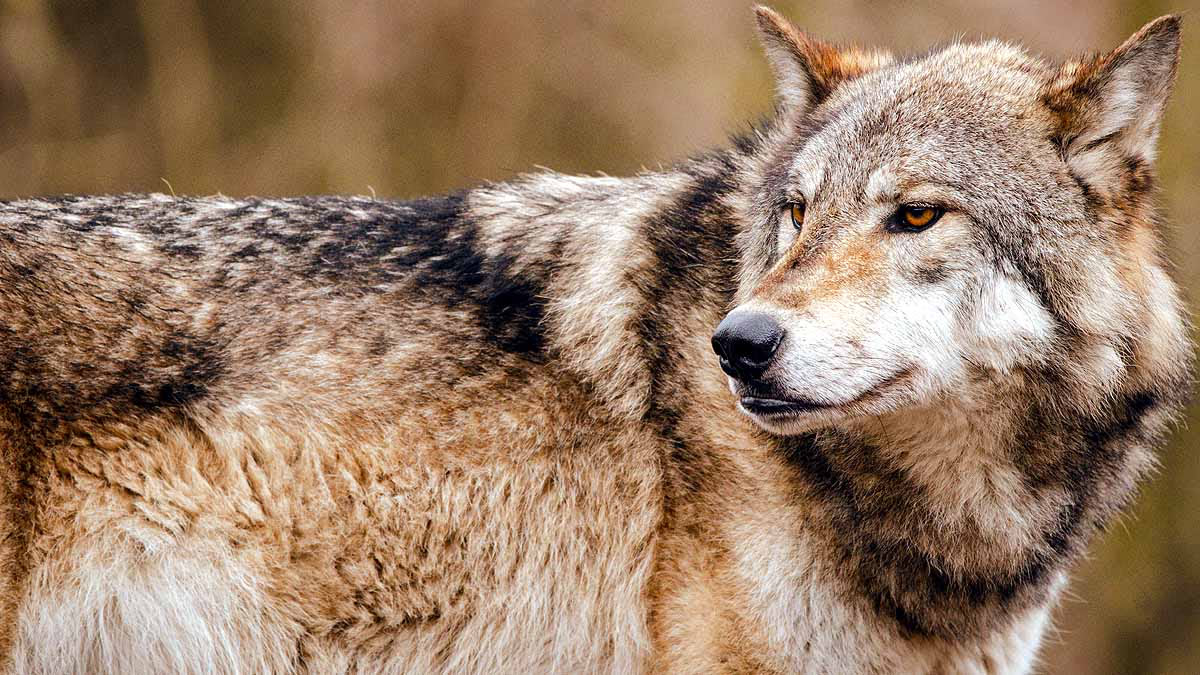
Source: aajtak
Akashdeep Badhawan, an officer from the Indian Forest Department, explained that the region is filled with sugarcane fields, making it difficult to identify a single wolf. These fields are inhabited by other members of the canid family, like dogs, foxes, and jackals, complicating the search.
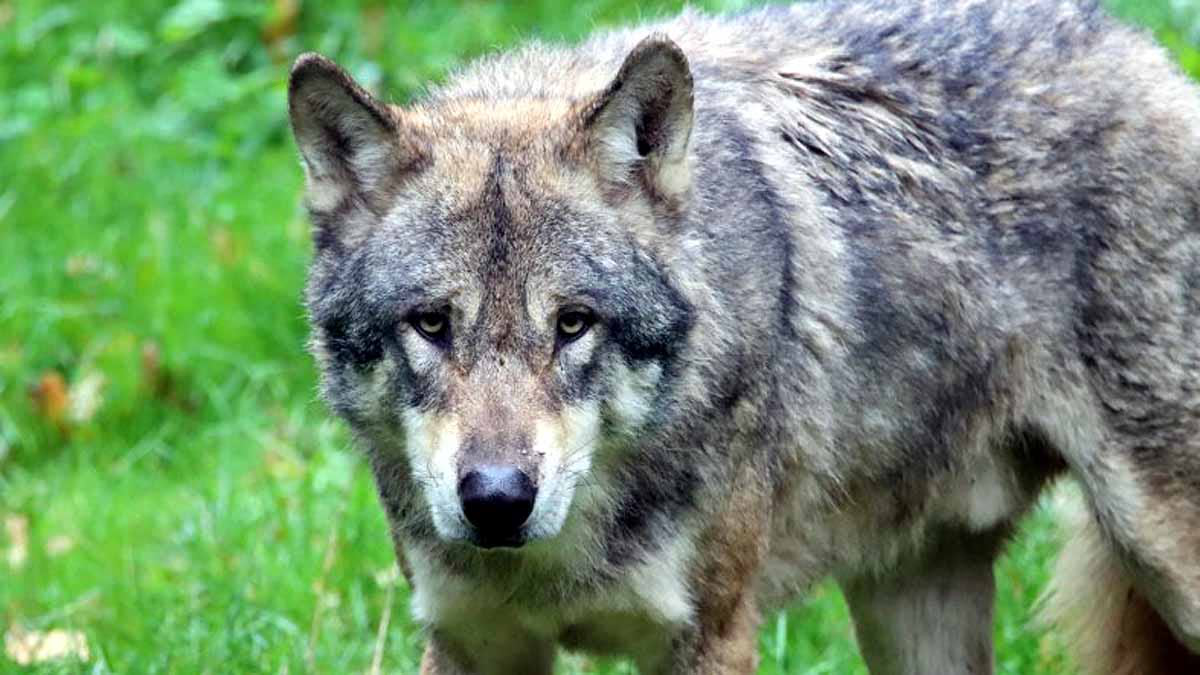
Source: aajtak
Rumors circulated about the wolves seeking revenge, but wildlife biologist Y.V. Jhala insists that wolves don't seek retribution. He believes that a single wolf enjoyed the act of killing and eating humans. Typically, a wolf pack dismembers its prey completely.
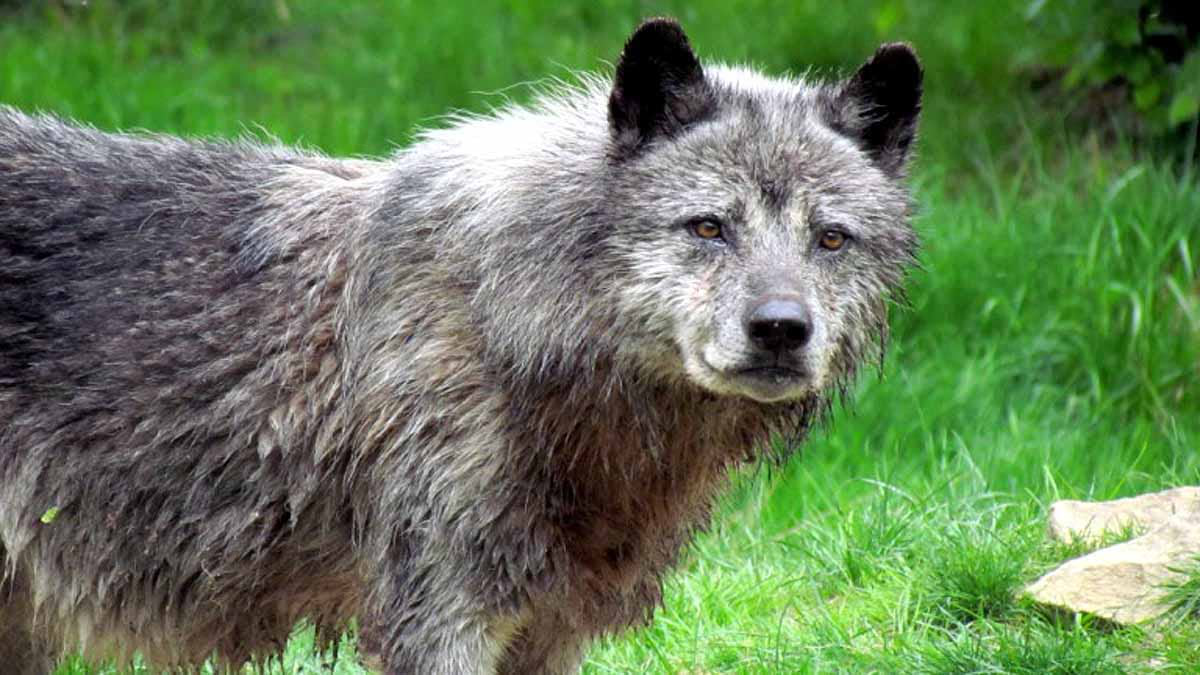
Source: aajtak
The bite marks on the victims indicate that a lone wolf might be responsible for these gruesome attacks. Packs don't leave behind the kind of wounds observed on the injured and deceased victims. Wild predators generally don't attack humans unless their fear subsides.
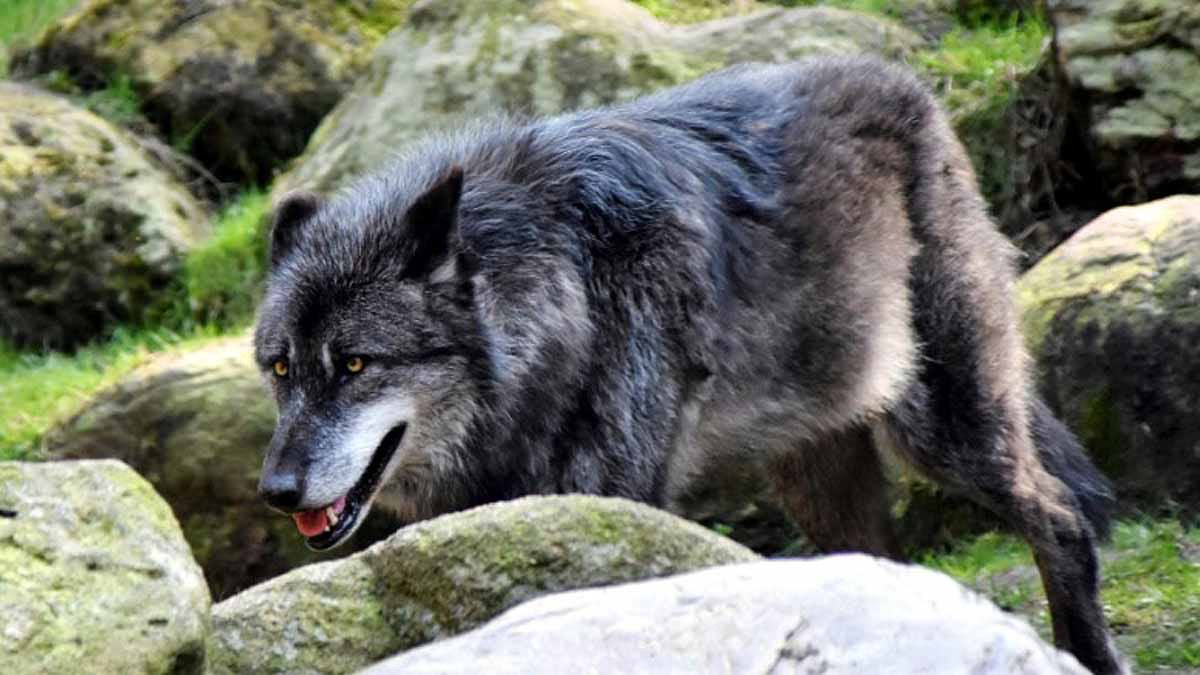
Source: aajtak
Jhala points out that wild animals fear humans and attack only if panicked or unafraid. Sometimes, people feed these wolves, reducing their natural fear. Bahraich locals face this danger up close, living near sizeable populations of wild dogs and jackals, which can also attack.
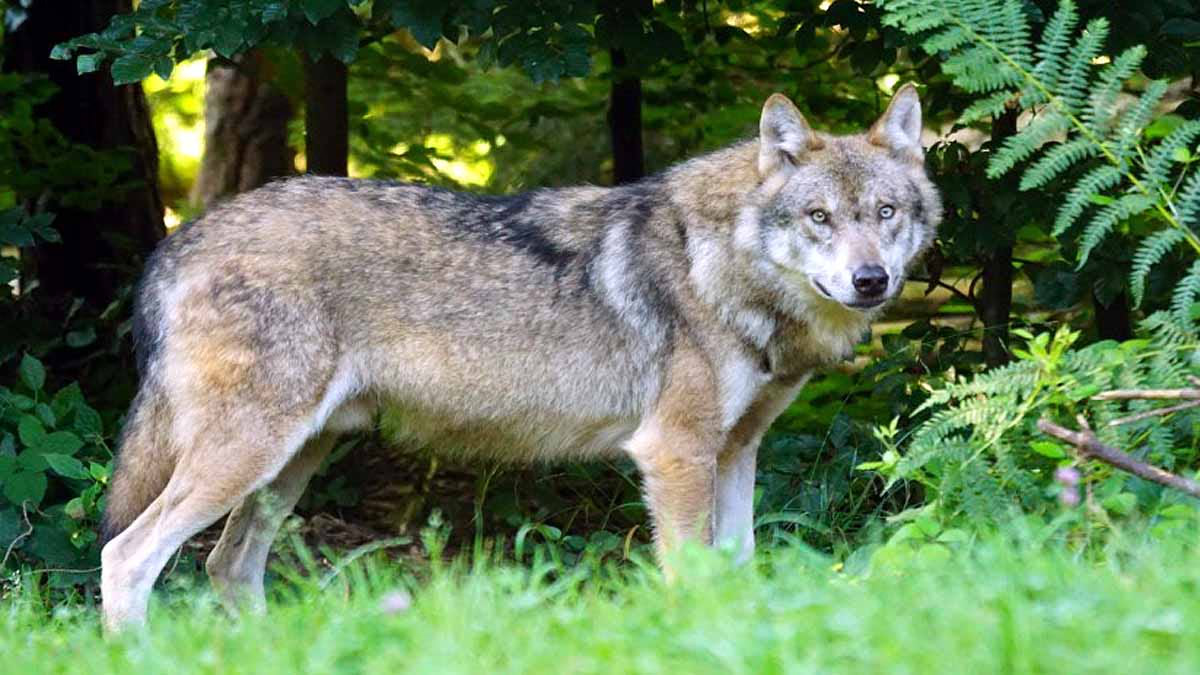
Source: aajtak
The people of Bahraich live close to wilderness and are deeply impoverished. Their homes are flimsy, lacking adequate doors and sanitary facilities. Such conditions benefit predators like wolves, making human children easier targets.
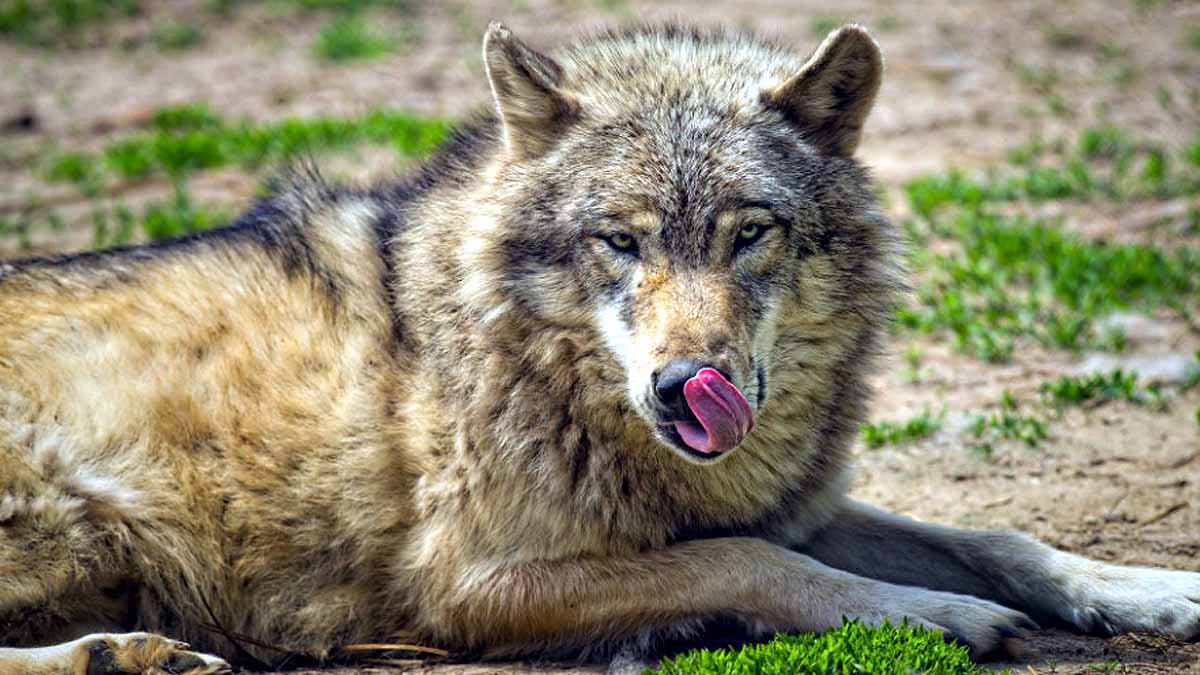
Source: aajtak
Jhala also mentioned that young of any species are the easiest prey. Once a predator gets a taste of human flesh, the fear of humans diminishes. Wolf attacks have increased in recent years; in Bihar during 1981-1982, 12 children were killed, and in 1996 in Uttar Pradesh, at least 38 children lost their lives to wolf attacks.
